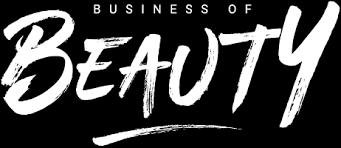
Behind the Curtain: The Lies Contract Manufacturers Don’t Want You to Know
Share
Most people have no idea who actually makes their favorite beauty, wellness, or personal care products. The truth is, in the United States, much of what you buy isn’t made by the brand whose name is on the label and it’s churned out by contract manufacturers.
On the surface, that doesn’t sound bad. Outsourcing production is intended to increase efficiency. But here’s what they don’t tell you:
– The same factories are making products for dozens of different brands. Sometimes the formulas are nearly identical, just bottled in different packaging. The “unique” cream you swear by may not be so unique after all.
– Brands don’t always own their own formulas. Many simply pick from pre-made “white label” templates and slap their logo on top. What appears to be innovation can actually be a copy-and-paste effort.
Your favorite brand’s “sustainability” or “ethics” claims may not survive the supply chain. While front-facing marketing talks about transparency, behind the scenes, some manufacturers cut corners on ingredients, testing, and quality controls. The result? Products that don’t always live up to the values they sell you.
Competition fuels sabotage. When manufacturers juggle dozens of brands at once, smaller companies can get deprioritized, meaning delays, lower quality batches, or even leaks of proprietary ideas that end up in a competitor’s “new launch.”
And here’s another truth: contract manufacturers are multiplying, but most of them are clustered in Florida.Florida has become a hotbed for these factories, not just because of logistics and access to ports, but also because looser regulatory oversight makes it easier to quickly produce formulas. That concentration means a handful of facilities are responsible for delivering a shocking percentage of the products on shelves across the U.S. If one facility cuts corners or mishandles quality, the ripple effect hits dozens of brands at once.
The reality is: the beauty and wellness industry isn’t always about passion or purpose. Sometimes it’s about convenience, speed, and profit even if that means hiding the truth.
So, what can you do as a consumer? Ask questions. Demand transparency. Don’t stop at “clean” or “reef-safe” on the label ask: Who actually made this? Who else do they make it for? What are their quality and sustainability practices like behind the curtain?
Because the curtain is exactly where most of the lies live, and the more we shine light there, the harder it becomes for manufacturers and brands to hide.

Sarah Miller, CEO & Founder, EthoSun